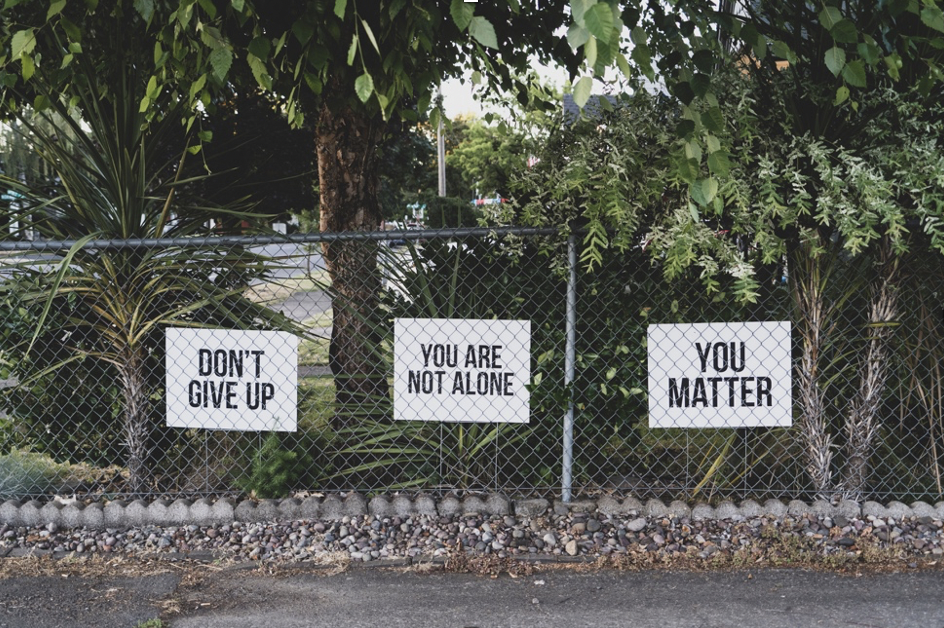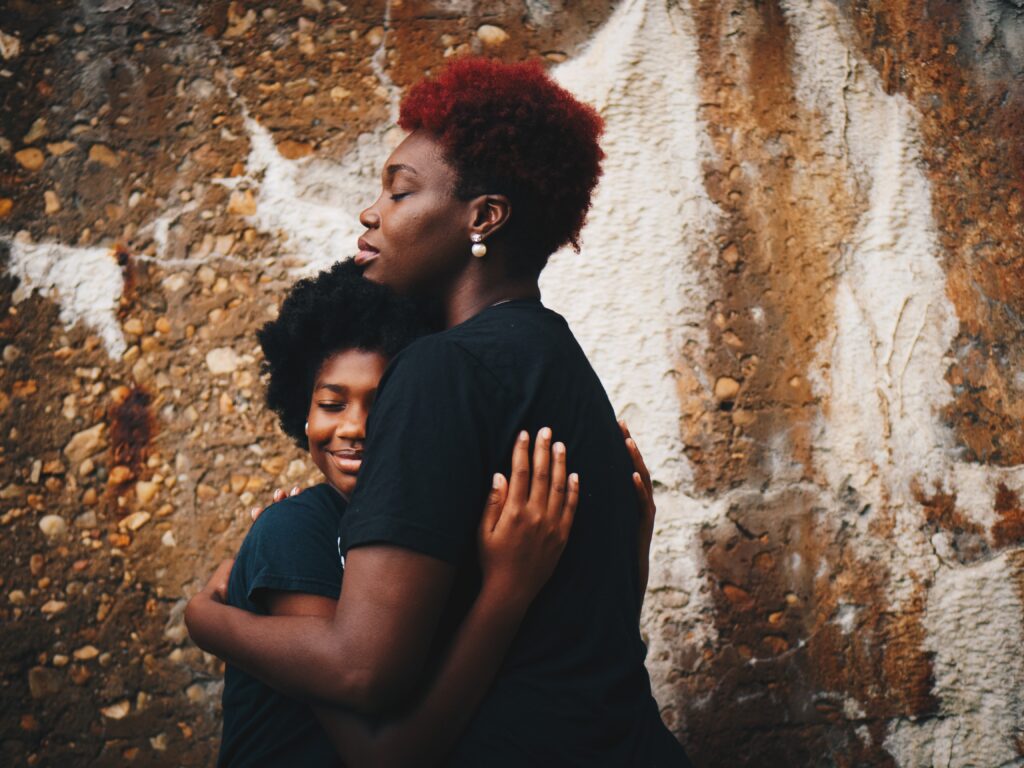September is Suicide Prevention Awareness Month 2021

By: Brandy mcdowell
Categories:
September is Suicide Prevention Awareness Month 2021
Here’s what you should know and how to help
Brandy McDowell – September 6, 2021

Suicide can be a daunting subject, but the discussion is vital to inform the community about its effects and help those at risk. This month is Suicide Prevention Awareness month – a time to educate and change the stigma around it. The goal is also to provide people with resources to discuss and discourage suicidal behavior.
Suicide does not discriminate and affects those of all societal backgrounds, but, Black women, in particular, may more commonly struggle with thoughts of suicide due to the many adversities they face and lack of knowledge or access to resources. A mental health crisis is one of the leading causes of suicide. Without proper treatment, some feel they have no choice.

According to an Essence.com article titled, Saving Our Sisters: Suicide and the Black Community,
“Black women are more likely to seek support from their friends and family than from a mental health clinician…we really have a unique opportunity to equip other Black women, and Black families and community members, with information that could literally save a life.”
This is key in understanding how to help those in need. Many Black Americans face their mental health not being taken seriously. Suppose we as a community can embrace that some people struggle more than others and provide information to overcome illness. In that case, we can shift the perception of suicide and offer people hope.
Since depression often leads to suicide, here are a few ways to identify depression symptoms:
- Feeling the need to isolate or spending days at a time alone
- Having trouble sleeping or sleeping more than usual
- Constant feelings of anxiousness
- Abnormally low self-esteem
- Lack of energy and motivation
- Unable to see the positive in anything
- Loss of appetite or overeating
- Self-harm and suicidal ideation
Suicide attempts are relatively high among women, and while Black people are less likely to commit suicide, it is still an issue that requires serious attention. Most people deem suicide as a weakness and are therefore unsupportive. Primarily since typically, Black people are taught to be strong. That in itself is a huge issue.
Data from the CDC provided by the National Alliance of Mental Illness shows that suicide is the 2nd leading cause of death for those ages 10-34 and is the 10th leading cause of death in the United States.

What you or your loved ones can do to help:
- Check-in with your loved ones. Sometimes a text isn’t enough, and checking in requires picking up the phone or even visiting. This will affirm that you are genuinely interested in how that person is feeling.
- Help those suffering get active. Exercise improves your mood. Going for a walk with your loved one is an option. Sunlight is a natural mood booster.
- Research your nearest crisis centers and obtain their contact information so you can always have it handy in case of an emergency.
- Encourage mental health therapy. While Black women’s pain, mental health included, is sometimes minimized, websites like therapyforblackgirls.com were explicitly created to serve Black women in this capacity. They connect Black girls and women with a Black therapist.
- Attend groups, watch webinars, and provide materials about improving mental health. Conversations are important to increase awareness.
Discussions about suicide won’t completely change the state of the world, but its impact can positively affect the people who need it most, and that is the goal.
If you or someone you know is suffering from suicidal thoughts or are engaging in suicidal behavior, contact the National Suicide Hotline at 1-800-273-TALK (8255) or call 911 in case of an emergency.
*Warning, any information in this app is from non-medical professionals and serves purely for advice purposes. Please consult with your doctor for any medical advice.
